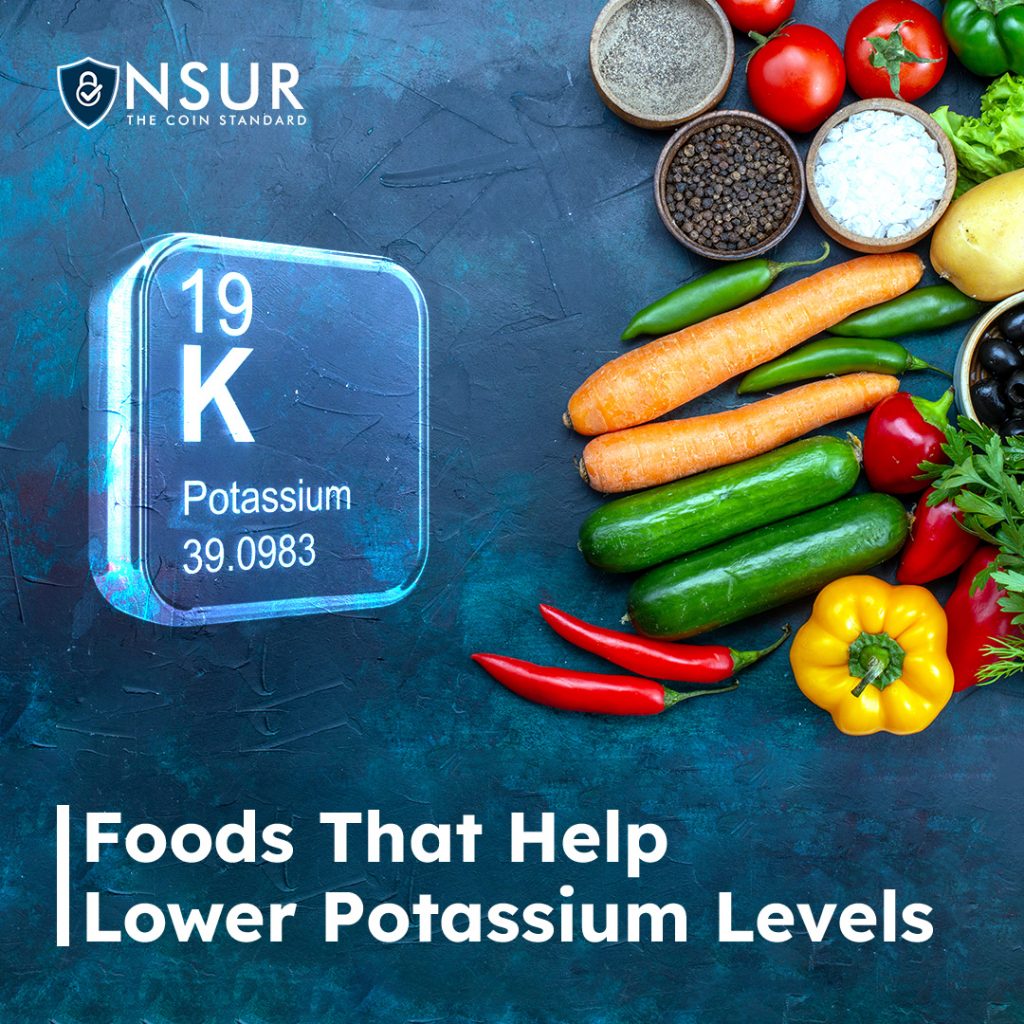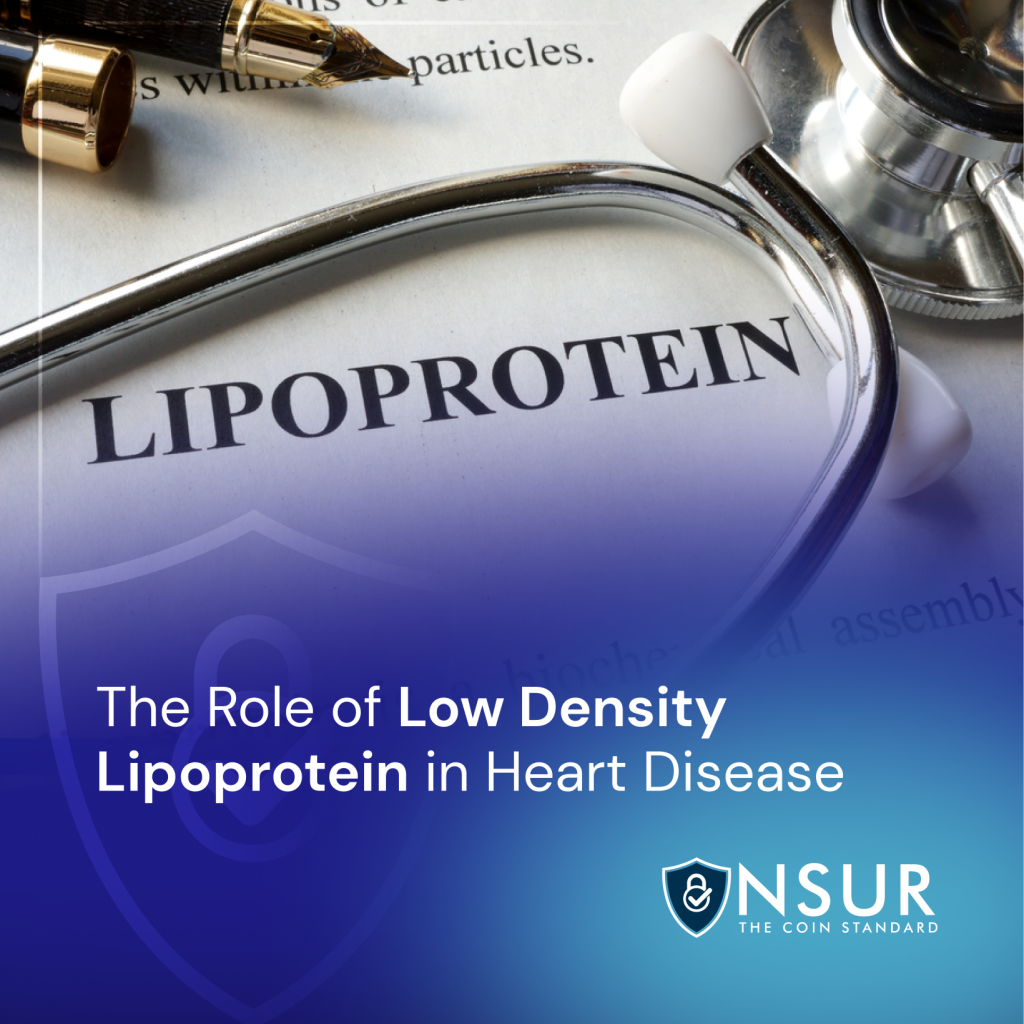
Potassium is a mineral found in many foods that serves numerous critical functions in the body, including maintaining fluid equilibrium.
Too much potassium in your blood can cause cardiac arrest, which occurs when your heart suddenly stops beating. The kidneys normally filter the blood and help regulate potassium levels, but several medical conditions can limit their capacity to do so.
An irregular heartbeat might result from a lack of potassium in the blood. Your muscles might also feel sluggish.
The normal potassium range is 3.8 to 5 mEq/L. A concentration of more than 6 mEq/L or less than 3 mEq/L is deemed hazardous.
When should you track your potassium levels?
The kidneys assist in blood filtering by balancing electrolyte levels in the blood, such as potassium.
The average healthy person is unlikely to need to lower their potassium levels. People in the United States, for example, tend to consume too little potassium in their diets. If a healthy individual consumes too much, their kidneys eliminate the excess via urine.
However, impaired kidney function caused by a condition such as chronic renal disease can throw electrolyte levels out of sync. Doctors refer to excessive potassium levels as hyperkalemia.
Meanwhile, certain renal disease medications might also contribute to an imbalance.
Other medical problems that can have an impact on potassium levels include:
- Diabetes mellitus type 1
- Adrenal exhaustion
- Heart failure caused by congestive heart failure
- Inflammation of the liver
A person with any of the above health conditions should work closely with a healthcare expert to maintain proper potassium levels.
High-Potassium Food
Potassium is found in almost every diet. A “high-potassium” food often has 200 mg or more potassium per serving. While any item that fits this criterion is called “high potassium,” some foods contain more potassium than others. This means that the size of the serving you consume is critical. A large quantity of a low-potassium food can quickly transform into high-potassium intake.
High-Potassium Fruits
- Apricots
- Bananas
- Cantaloupe
- Dried fruit
- Honeydew melon
- Kiwi
- Mango
- Nectarines
- Oranges and orange juice
- Papaya
- Pomegranate and pomegranate juice
- Prunes and prune juice
- Pumpkin
- Raisins
High-Potassium Vegetables
- Acorn squash, butternut squash, Hubbard squash
- Avocado
- Artichoke
- Beets
- Baked beans, black beans, refried beans
- Broccoli (cooked)
- Brussels sprouts
- Kohlrabi
- Lentils
- Okra
- Onions (fried)
- Parsnips
- Potatoes (white and sweet)
- Rutabagas
- Spinach (cooked)
- Tomatoes, tomato sauce, and tomato paste
- Vegetable juice
Using a cooking method known as leaching, you can reduce the potassium levels in some vegetables. This goes well with white and sweet potatoes, carrots, beets, winter squash, and aubergines.
Fill a saucepan halfway with warm water. Peel and rinse the veggie in warm water before slicing it into 1/8-inch thick slices. Rinse the slices and soak them for 2 hours in the saucepan. When you pull them out, rinse them with warm water one more time. Drain the water from the saucepan, refill it, and then cook the veggie.
If you wish to leach many veggies at once, soak them in 10 times the amount of water as vegetables. When cooking them, use five times the amount of water that you would for vegetables.
Ask your doctor or nutritionist how to balance high- and low-potassium meals in each meal based on the quantity of potassium that’s good for you.
Take advantage of NSURx when making healthy lifestyle changes!
With the NSURx Prescription Benefit Card, you can save money on your medications that help with high potassium levels, at more than 35,000 pharmacies across the United States.
You can save up to 80% on your medications which help lower potassium levels by using an NSURx card. Hundreds of dollars in savings could be yours every time you fill out your prescription.
The more you use NSURx, the more NSUR Coins you will receive as a reward.
Reference:











